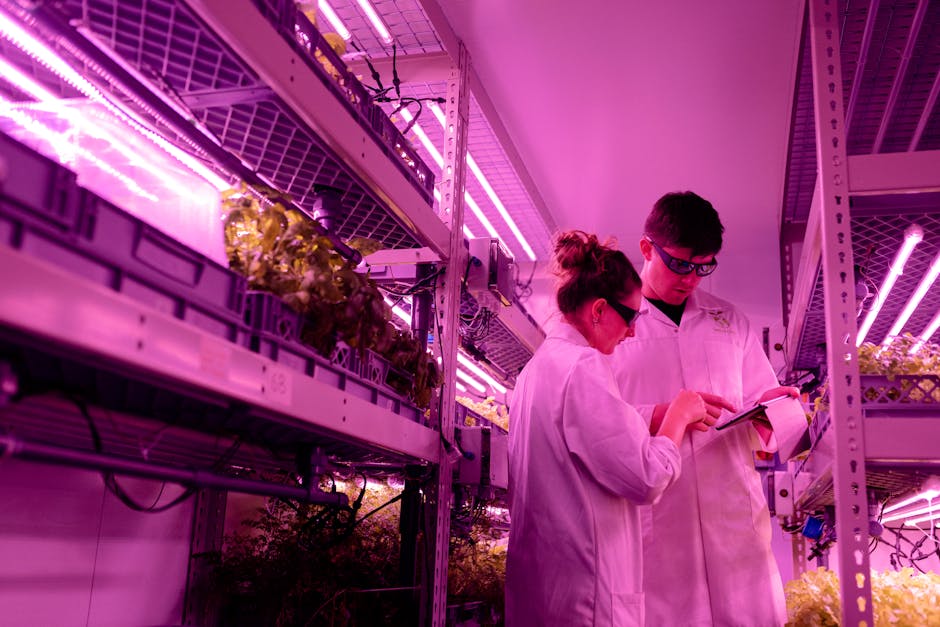The world faces a critical challenge: feeding a burgeoning population sustainably. This necessitates a radical shift in agricultural practices, pushing towards resilience, efficiency, and environmental consciousness. Emerging trends are reshaping global food production, promising both opportunities and unprecedented complexities.
A pivotal element of future agricultural advancement lies in precision agriculture. This innovative approach leverages technology to optimize resource use, minimizing environmental impact while maximizing yields. Satellite imagery, drones, and advanced sensor networks provide detailed insights into crop health, soil conditions, and weather patterns, enabling farmers to make data-driven decisions. Targeted application of fertilizers and pesticides reduces waste and protects ecosystems, a crucial step towards environmentally friendly food production. Furthermore, precision livestock farming promises to enhance animal health and welfare through real-time monitoring and tailored feeding strategies. This approach is integral to long-term sustainability, minimizing environmental footprint and improving animal well-being.
A consequential trend is the rise of vertical farming and controlled environment agriculture. These systems are designed for high-density cultivation in urban or peri-urban areas. Vertical farms minimize land use, reduce transportation costs, and allow for year-round production regardless of external climate conditions. Utilizing controlled environments and hydroponics or aeroponics, these innovative systems can significantly enhance efficiency and nutritional value. However, initial investment costs and energy consumption remain key challenges requiring further technological advancement and cost optimization. Furthermore, the development of standardized quality control protocols will be essential to ensure consumer confidence.
Another crucial area of future agricultural innovation is genetic engineering and biotechnology. Precise manipulation of crop genomes can result in plants that are more resilient to pests, diseases, and extreme weather events. Moreover, genetically modified crops are often developed to optimize nutrient content, enhancing nutritional value and boosting agricultural yields. While concerns about potential ecological and human health impacts are valid, a careful regulatory framework, coupled with robust scientific evaluation, is critical to ensuring these technologies are deployed responsibly. Furthermore, research into pest resistance and climate adaptation will be critical for a sustainable future.
Technological solutions extend beyond the farm itself. Digital platforms are transforming the agricultural value chain, connecting farmers to markets, input suppliers, and other stakeholders. These platforms offer unprecedented access to information and resources, enhancing efficiency and reducing transaction costs. Further development of blockchain technology for traceability and transparency in food supply chains promises to enhance consumer trust and support sustainable practices.
A parallel and interconnected trend is the growing demand for sustainable agricultural practices. Consumers are increasingly demanding environmentally responsible and ethically sourced food. This necessitates a shift towards practices such as organic farming, agroforestry, and integrated pest management. These methods prioritize ecological balance and minimize the use of harmful chemicals. Reduced tillage practices contribute to soil health and carbon sequestration, further strengthening long-term agricultural sustainability. The integration of livestock management systems that are environmentally conscious is another key aspect.
Water management is a significant concern in the face of changing climate patterns. Developing efficient irrigation systems, implementing water conservation techniques, and exploring alternative water sources are crucial for maintaining productivity in arid and semi-arid regions. Moreover, developing drought-resistant crop varieties and strategies for managing water scarcity will be critical. Innovations in water purification and storage are also vital to meeting the water needs of a rapidly growing population.
The interconnectedness of these trends demands a holistic approach. Future global food production must consider the symbiotic relationship between agricultural production, environmental conservation, and social equity. It must ensure that the benefits of innovation are broadly shared, contributing to a more equitable food system and addressing the vulnerabilities of smallholder farmers.
The future landscape of global food production is one of continuous evolution, fueled by technological innovation and driven by increasing global demand. Challenges remain, from addressing climate change to improving resource utilization, but also opportunities abound. Embracing technological advancements, fostering sustainable practices, and prioritizing the ethical considerations of the food system will be pivotal in ensuring a secure and sustainable food future for all.






